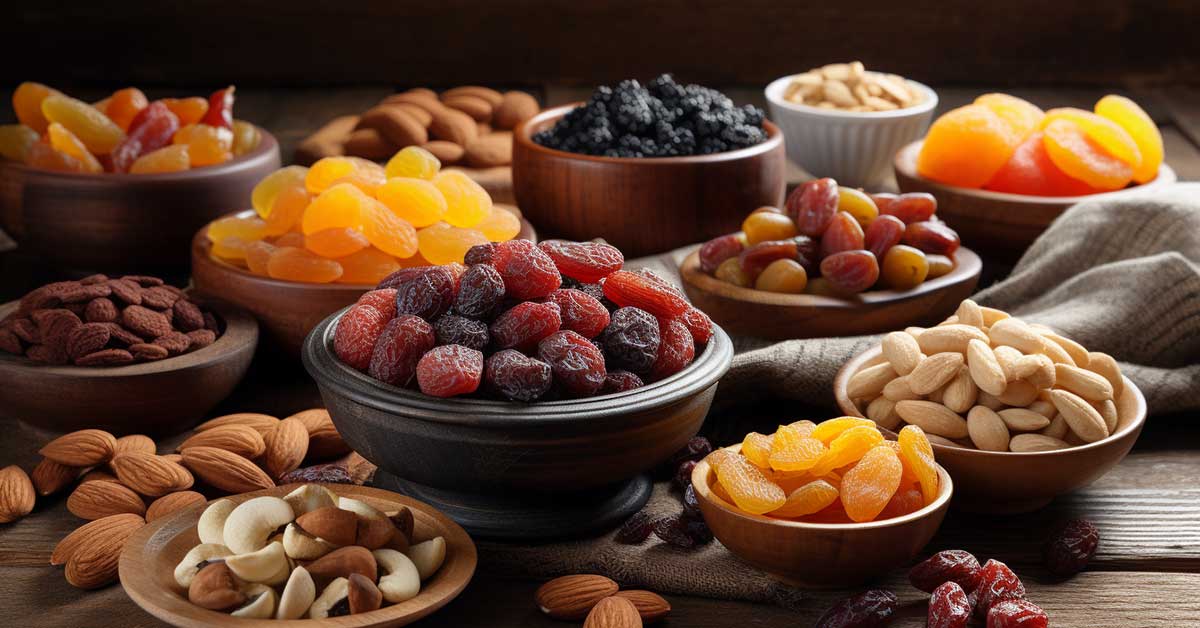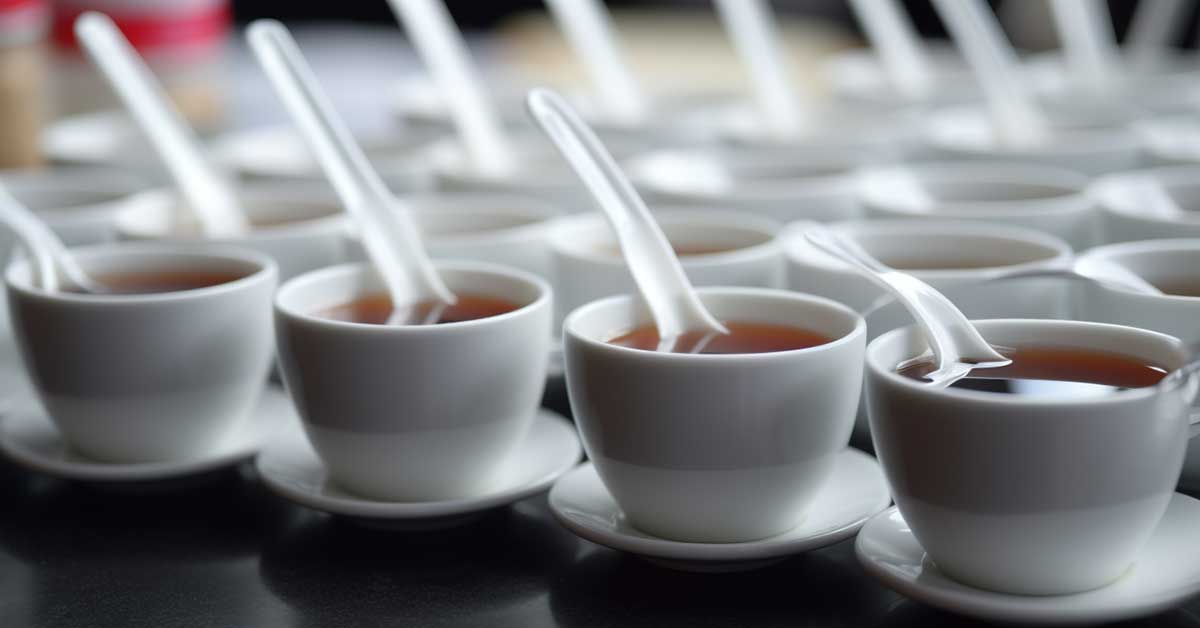Sugar Substitutes: A Healthier Path to Sweetness?
One of the most frequent questions I encounter is, “Can we replace sugar, and are there any healthy Natural Sweeteners or Sugar Substitutes?” My stance has always been consistent: just as there’s no real alternative to alcohol or drugs, the same holds true for sugar. People often gravitate towards Low-calorie Sweeteners or Artificial Sweeteners, hoping to maintain a lower Glycemic Index in their diets. However, it’s vital to understand the implications of such choices.
People opt for sugar substitutes aiming to reduce their sugar intake. However, in recent times, there has been growing skepticism about the health implications of these sweeteners.
It’s an established fact that sugar is addictive. You might abstain for a while, but a single slip can plunge you back into dependence. I will delve deeper into the mechanisms behind sugar addiction later.
In my professional opinion, the only effective way to eliminate sugar from one’s diet is to change our habits. Stop having desserts after meals, avoid sugary teas or coffees, and refrain from pairing your tea with sweet snacks. To achieve this, it’s vital to recognize sugar’s impact on our health and shift our perspective on sweets. Consuming excessive sugar isn’t natural for our bodies.
Common Sugar Alternatives People Use

Honey, grape syrup, Jerusalem artichoke syrup, agave syrup, maple syrup, and similar products might seem like healthier options, but they’re calorically comparable to sugar. They’re rich in fructose, a sugar form that, when consumed in excess, can contribute to weight gain. Our body doesn’t efficiently use fructose, and most of it gets stored. Despite these syrups having relatively low glycemic and insulin indices, they’re not a silver bullet.

Dry fruits and fruits contain fiber, which can slow down fructose absorption. Yet, it’s crucial to limit their consumption to around 30-40 grams a day. Berries and certain low-fructose fruits can be consumed up to 100 grams per day.

Berries and certain low-fructose fruits can be consumed up to 100 grams per day.

Stevia, although calorie-free and sweet-tasting, is not a solution I endorse. It doesn’t address the root issue of sugar addiction. Additionally, some research suggests that steviol molecules resemble certain steroid hormones.

Artificial sweeteners might pose more health risks than sugar. Apart from side effects like addiction, diarrhea, and excessive thirst, they can dull taste receptors, disrupt carbohydrate metabolism, promote fat cell growth, increase appetite, and negatively impact gut flora.
Exploring Natural and Synthetic Sugar Substitutes: A Nutritional Perspective on Low-calorie Sweeteners
When looking for sugar alternatives, it’s essential to understand the different types available and their health implications, especially in the world of Natural Sweeteners and Artificial Sweeteners. The Glycemic Index can also provide insights into how these sugar substitutes may impact blood sugar levels. Here’s a comprehensive rundown of some popular sugar substitutes:
1. Erythritol (often termed “Melon Sugar” among Natural Sweeteners)
Derived from natural sources, Erythritol resembles granulated sugar. Its sweetness is approximately 70% that of sugar. Key benefits include its inability to cause tooth decay and the fact that it’s metabolized without insulin, potentially benefiting carbohydrate metabolism and reducing oxidative stress indicators.
Side effects: Headaches, potential for addiction, and diarrhea.
2. Aspartame: A Notable Name in Artificial Sweeteners
A low-calorie dipeptide, Aspartame was one of the first synthetic Artificial Sweeteners. Its heat instability makes it unsuitable for hot dishes. Marketed under various names, including Nutrasweet and Equal among others, the daily intake should not exceed 3.5 grams, given its Low-calorie Sweeteners status.
Side effects: Diarrhea, nausea, and potential for addiction.
3. Sucralose: A Champion in Low-calorie Sweeteners
Derived from sucrose, Sucralose’s sweetness is incredibly potent, with a coefficient of 600. Known commercially as Splenda, sucralose, different from many Artificial Sweeteners, does not affect the Glycemic Index or blood glucose levels and does not participate in carbohydrate metabolism. It’s deemed safe for pregnant women, nursing mothers, and children. The recommended daily intake is 18 mg per kg of body weight.
Side effects: Allergic reactions and diarrhea.
4. Xylitol: The Natural Sweeteners Gem
Sourced from the by-products of corn and cottonseed processing, Xylitol, an integral part of Natural Sweeteners, stimulates stomach acid production and possesses choleretic and laxative properties. Its caloric value and sweetness, similar to Low-calorie Sweeteners, match that of sugar. However, Xylitol does not harm tooth enamel, preventing cavities, hence its inclusion in certain toothpastes and chewing gums. Daily intake should not surpass 40-50 grams.
Side effects: Bloating, gas, and diarrhea.
5. Acesulfame Potassium
Commercially known as “Sweet One”, its sweetness coefficient is 200. Often found in the Artificial Sweeteners category, it’s used in soft drinks combined with aspartame. It’s advisable for children, pregnant, and nursing women to avoid it. The maximum daily intake is set at 1.0 gram.
Side effects: Diarrhea, nausea, and vomiting.
It’s crucial to note that individuals with kidney diseases, gastrointestinal disorders, or nervous system issues, as well as pregnant and lactating women, should be cautious with most sugar substitutes, be they Natural Sweeteners or Artificial Sweeteners.
Always consult with your healthcare provider and consider the Glycemic Index before incorporating any sugar substitutes into your diet.






0 Comments